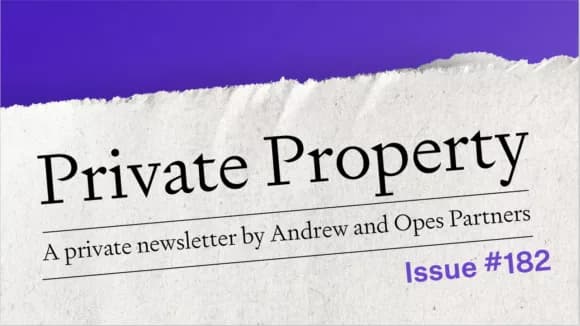What can I do to combat higher test rates?
There are two main lessons here:
Lesson #1 – Get money when you can
Bank policies change frequently.
Some investors think, “I’m going to time the market perfectly” (you can’t. But let’s pretend you can).
Having the perfect crystal ball won’t help you if the bank says no.
Get the lending when you can.
Sure, this won’t be as much of an issue for investors with high incomes and low expenses. But most investors aren’t in this situation.
Lesson #2 – Not all mortgage brokers are the same
Good mortgage brokers show their worth in markets where it’s tough to get money from the banks.
And the adviser who helped get money for your home may not be the right one to help you get the money for investment.
It’s a different ball game.
Last week, on episode 1,144 of the Property Academy Podcast, we shared the story of one investor who got told “no” by 2 mortgage brokers.
They told him he was ‘maxed out’ after already owning 5 properties.
However, Peter Norris from Catalyst Financial (our sister company) freed up equity using the split banking strategy and then used a non-bank lender.
I won’t go through the nerdy details (listen to the podcast for those).
But, one lender said yes, and the investor got his next property.
The moral of the story: a mortgage broker worth their salt will employ strategies and restructure your application to give you the best chance at getting a yes from the bank.








